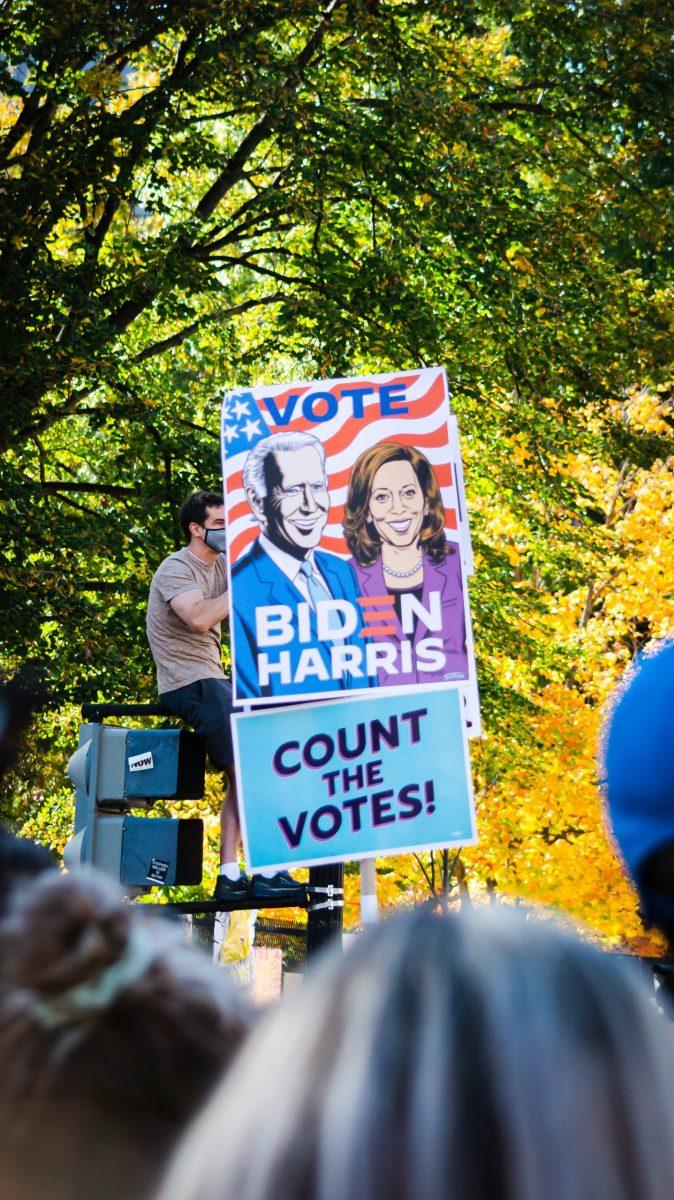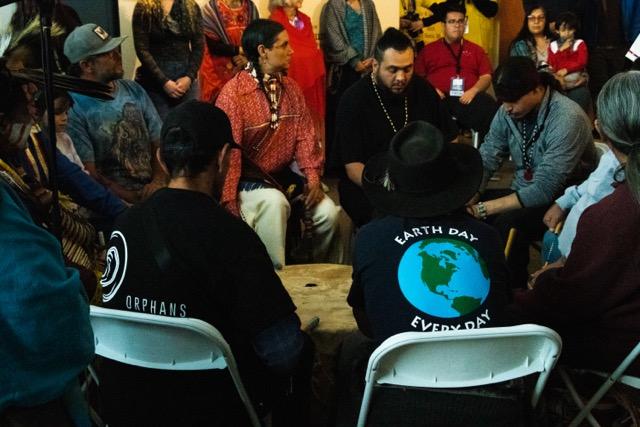 Colorado State University-Pueblo is currently working to implement a new learning initiative as a part of its re-accreditation process.
Colorado State University-Pueblo is currently working to implement a new learning initiative as a part of its re-accreditation process.
The university has selected experiential education as the Higher Learning Commission Quality Initiative, using the Association for Experiential Education’s definition and principles of experiential education to guide the quality initiative.
Julie Armstrong, a professor in the Mass Communications Department, was selected as one of the university’s experiential education scholars.
Armstrong is a leading educator and has actively incorporated multiple aspects of experiential education into her classes already.
“I have my students take on real clients in order for them to have that hands-on experience of communication and real-world output that they can incorporate into their portfolio after they graduate,” Armstrong said. “My job is to make sure these students are ready to take the next step and start a career.”
According to the Association for Experiential Education, “Experiential education is a philosophy that informs many methodologies in which educators purposefully engage with learners in direct experience and focused reflection in order to increase knowledge, develop skills, clarify values, and develop people’s capacity to contribute to their communities.”
CSU-Pueblo offered its professors the opportunity to apply to become experiential education scholars. The selection of the EE scholars was based primarily on the applicant’s explanation of how participation in the program would further their professional development and the practice of EE in their courses.
“The word ‘experiential’ has the root word ‘experiment,’ which means ‘to try,’ so what we are trying to do is incorporate more hands-on, more real-experience opportunities for our students into our teaching methods,” Armstrong said.
Experiential education was designed to encourage learners to take initiative, make decisions and be held accountable.
Experience and reflection are key pieces of the experiential education puzzle as students are actively involved and learn from the natural consequences, mistakes, and successes of working in the industry.
“The phase of stepping back and evaluating the situation is a part of the process that I have not ever incorporated in my teaching,” Armstrong explained. “With the implementation of this initiative, I have the opportunity to better myself as a professor for my students.”
As stated in the application, the EE scholars program has provided funding for anyone teaching experiential classes at CSU-Pueblo to aid the incorporation or expansion of the academic approach by redesigning the syllabus of one or more of their current or upcoming courses.
The selected EE scholars have the primary role in the development of their students; they are required to set suitable experiences and boundaries, support learners and facilitate the learning process. Scholars receive a $1,000 stipend and are offered the opportunity to request additional funding upon submitting a detailed budget.
Throughout the spring 2015 semester, EE scholars commit to attending an orientation, meeting monthly with a group of fellow EE scholars and conducting peer observation.
“The university is committed to making this a part of what we do here at CSU-Pueblo,” Armstrong said. “I am very honored to have been picked. I am thrilled because it has been a wonderful experience so far.”
At the end of the semester, the scholars will briefly present their work at an experiential education showcase.









